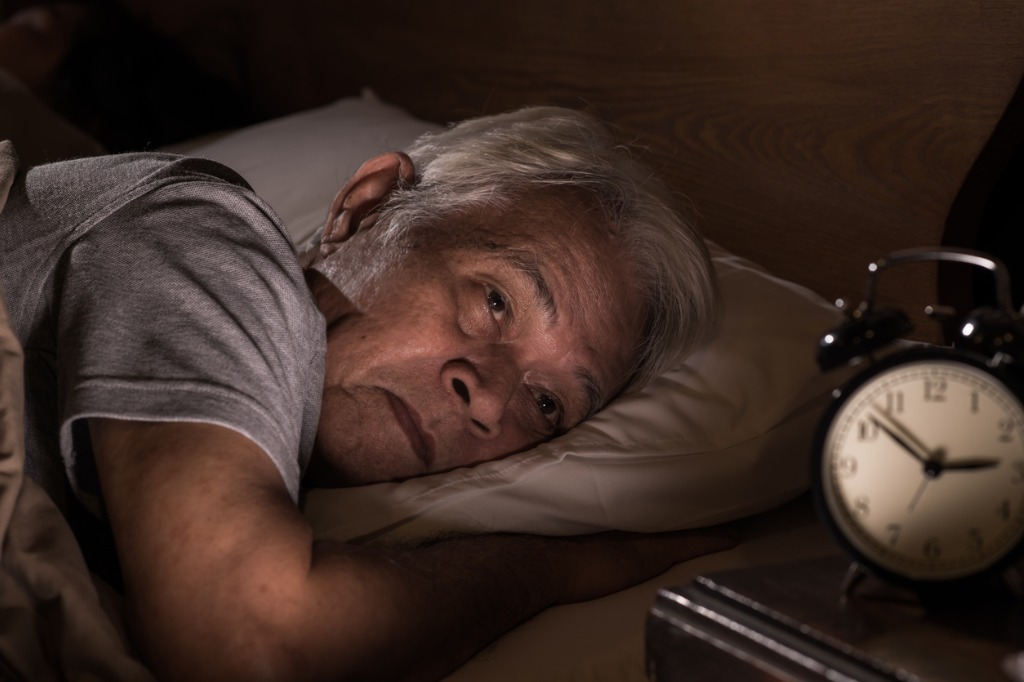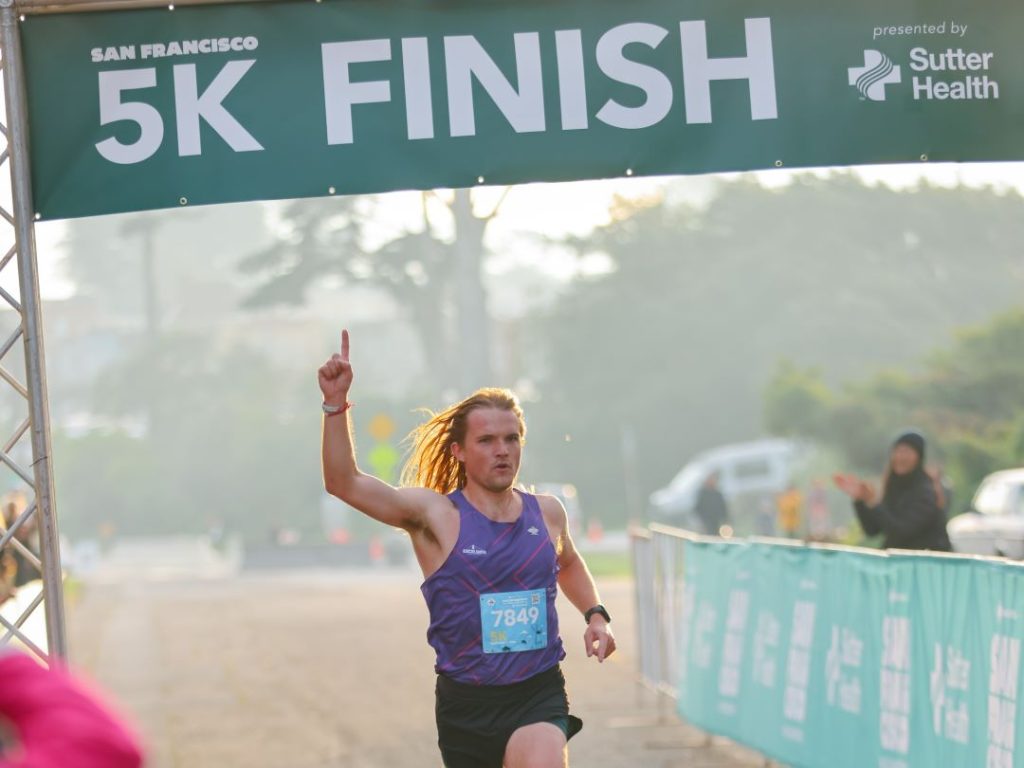More than 20 million Americans suffer from chronic insomnia. This sleep disorder can cause emotional distress, impaired functioning and reduced quality of life. It can even contribute to an increased risk for other health problems such as depression and high blood pressure.
Researchers at Sutter Health’s San Francisco Coordinating Center (SFCC) are collaborating with investigators at the University of Pittsburgh and other leading institutions nationwide to help improve insomnia treatment. Their collective focus begins with attempts to better support people suffering from the disorder in remote communities since access to sleep clinics may be limited.
The newly launched COZI (Comparative Effectiveness of Zolpidem and Cognitive Behavioral Therapy for Insomnia in Rural Adults) study will assess the effectiveness of web-based cognitive behavioral therapy for insomnia (CBT-I) compared with a common prescription sleep medication (zolpidem) or the combination. COZI is the largest, multicenter, randomized clinical trial of its kind to be conducted in rural primary care practices.
The study uses a self-guided online approach to CBT for insomnia developed by collaborators at the University of Virginia. COZI will enroll 1,200 people ages 18 to 80 with chronic insomnia in rural primary care practices affiliated with eight U.S. academic medical centers. Treatment effects will be evaluated at nine weeks, and at six and 12 months.

“Both zolpidem and CBT-I have been proven effective in treating chronic insomnia. However, COZI is the first randomized trial to comprehensively explore how these therapies compare in providing sustained sleep improvements, as well as their potential side effects and impact on other health outcomes,” says Katie Stone, Ph.D., senior scientist at SFCC and lead investigator of COZI for Sutter.
“People in rural areas with insomnia may have difficultly traveling to sleep clinics for care. Our goal is to test an approach that delivers insomnia treatment in their homes, making it easier for them to use an innovative, convenient approach to manage their sleep disorder,” said Daniel Buysse, M.D., Professor of Psychiatry and Clinical and Translational Science at the University of Pittsburgh School of Medicine, and co-lead investigator of COZI.
“We anticipate this new approach to delivering insomnia treatment will help lead to sustained improvements in how providers care for adults in rural communities with this common sleep disorder,” said Dr. Stone.
“This project was selected for PCORI funding for its scientific merit and commitment to engaging patients and healthcare providers in a major study conducted in real-world settings. COZI may help answer an important question about chronic insomnia and fill a crucial evidence gap,” said PCORI Executive Director Nakela Cook, M.D., MPH.”
The four-year, $5.7 million study is sponsored by the Patient-Centered Outcomes Research Institute (PCORI).1
Contact Katie Stone, Ph.D. for more information about the COZI study.
A Dose of Technology to Aid Sleep Therapy:
Many clinical studies test whether a treatment works under ideal conditions in specialized research centers, but health care is rarely delivered in such idealized situations and settings. Pragmatic clinical studies such as COZI test a treatment’s effectiveness in “real-world” practice situations such as outpatient settings, and also can include a wider range of study participants—making their findings more applicable to a broader patient population.
While CBT-I is well-established as an effective strategy for treating insomnia,2,3 it is usually delivered in person by behavioral health specialists. CBT-I broadens access to insomnia treatment and provides sleep disorder education, monitoring and individualized behavioral recommendations to improve sleep. In rural communities, use of CBT-I may be even more important because these types of sleep therapies can be limited in remote areas.
Citations:
- PCORI is an independent, nonprofit organization authorized by Congress in 2010. Its mission is to fund research that will provide patients, their caregivers and clinicians with the evidence-based information needed to make better-informed healthcare decisions. For more information about PCORI’s funding, visit www.pcori.org.
- Morin CM, Colecchi C, Stone J, Sood R, Brink D. Behavioral and pharmacological therapies for late‐life insomnia: a randomized controlled trial. JAMA. 1999;281(11):991‐9. PubMed PMID: 10086433.
- Ritterband LM, Thorndike FP, Ingersoll KS, Lord HR, Gonder‐Frederick L, Frederick C, Quigg MS, Cohn WF, Morin CM. Effect of a Web‐Based Cognitive Behavior Therapy for Insomnia Intervention With 1‐Year Follow‐up: A Randomized Clinical Trial. JAMA Psychiatry. 2017;74(1):68‐75. Epub 2016/12/03.





